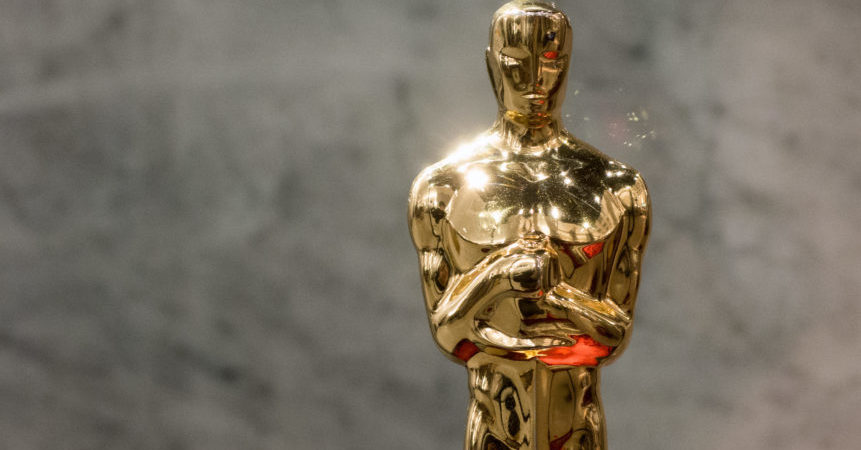With the Oscars airing tonight, more females in the film industry are being recognized, although not as many women are being actually represented in these films.
Emma Cowan (COM ’22) views gender bias in movies as a reflection of the present movie industry.
“One of the biggest problems with film is representation in movies,” Cowan said. “If white men are the only people being shown in movies, that’s given a lot of freedom to white male directors who have this desire to make films about white men.”
Out of the 19 national movies running for various categories in this year’s Oscars, three are written and/or directed by a woman—“Little Women”, “Maleficent: Mistress of Evil” and “1917”—and none has established gender balance by hiring female-identifying people in key areas of production, according to Cherry Picks, a feminist movie review website.
But, the industry wasn’t always like this. At the beginning, women worked in all areas of film, according to Dr. Lindsey Decker, a lecturer in Film and Television Studies at Boston University. It was around the 1920s that the industry started to change.
“When directing started to be seen as a more prestigious job on set, it was no longer a job for women,” Decker says. “It all goes back to societal sexism. We live in a society that says that there are certain things that women can do and there are certain things that women can’t do, and one of those things is make great art.”
The Bechdel Test, used since 1985 to measure female representation in movies, shows a more balanced gender situation at this year’s Oscars. Of the 19 national movies running for varied categories, eight pass the test, which requires two named female characters to talk to each other about something other than men. But there is debate around how much the test can really reveal about gender relations within the film industry.
The creator of the test, Alison Bechdel, has publicly spoken about its limitations.
“You can have a feminist movie that doesn’t meet the criteria,” Bechdel said in a 2014 interview to San Diego City Beat. “And you can have a movie that meets the criteria and isn’t feminist. So, it’s not scientific or anything.”
Despite the biased gender situation of the industry, Decker predicts that in 40 years gender relations will be better, and encourages aspiring female film students to get in the industry and help pull each other up.
“The Oscars only matter because we let them matter,” Decker said.

